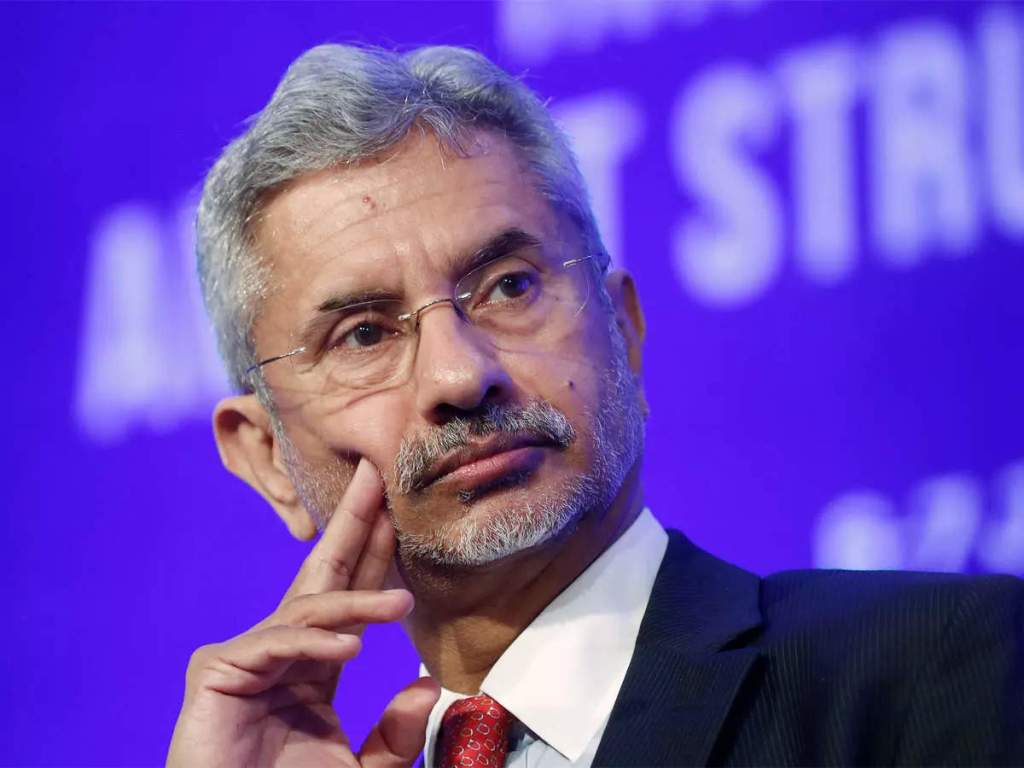In an insightful address at the Kautilya Economic Conclave in New Delhi, India’s External Affairs Minister, S. Jaishankar, discussed the far-reaching implications of conflicts and terrorism in an increasingly interconnected world. Jaishankar emphasized that the impact of these events extends well beyond their immediate locations, citing the ongoing Israel-Hamas war as a prominent example.
Jaishankar made it clear that the belief that conflicts and terrorism can be contained in their effects is no longer realistic. He highlighted the ripple effects of the Russia-Ukraine war and how smaller incidents in different regions can have significant consequences. Notably, he addressed the long-standing use of terrorism as a tool of statecraft, indicating its far-reaching influence.

The key message from Jaishankar’s address was that, given the interconnectedness of our world, conflicts and terrorism cannot be isolated in their impact. He stressed the economic aspects of these issues but also warned against the danger of radicalism and extremism spreading globally.
Speaking on the changing global landscape, Jaishankar remarked that the unipolar world is a thing of the past, and even the bipolarity of the U.S.-Soviet Union era is now distant history. He expressed doubts about a true bipolarity emerging between the United States and China, pointing out the influence of various rising powers. He underlined the significance of regional players taking a dominant role in shaping regional situations, with limited room for external global actors to intervene. This shift in dynamics was observed not only in the Middle East but also in Africa.

As Jaishankar concluded, he emphasized that today, no danger is too distant, reinforcing the idea that global events have consequences far beyond their borders. This address sheds light on the complexities of our interconnected world, where conflicts and terrorism have evolved to pose challenges that extend far beyond their source regions.


